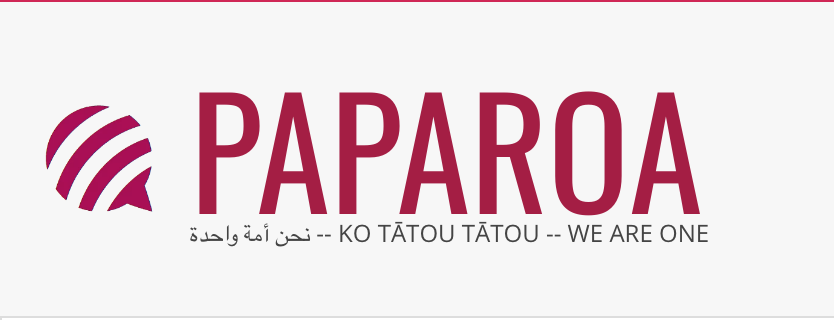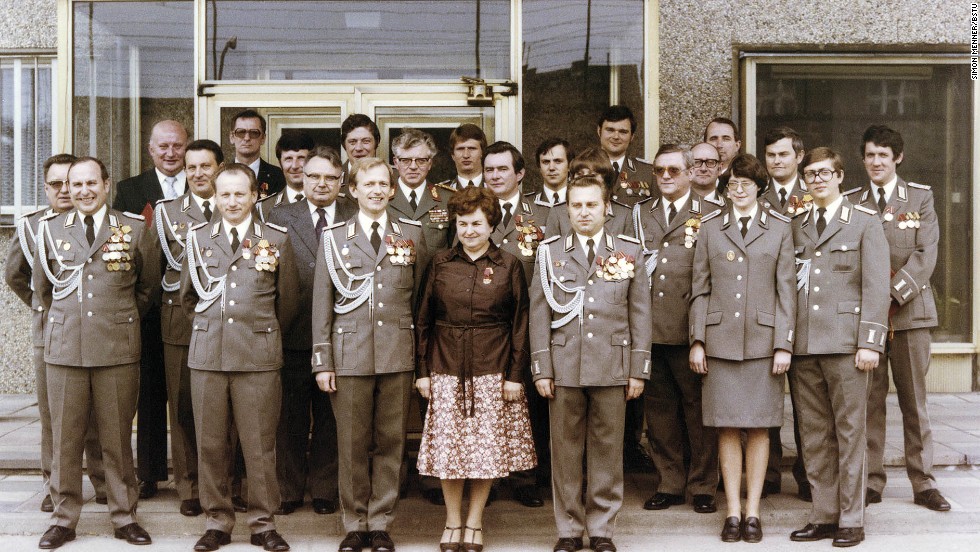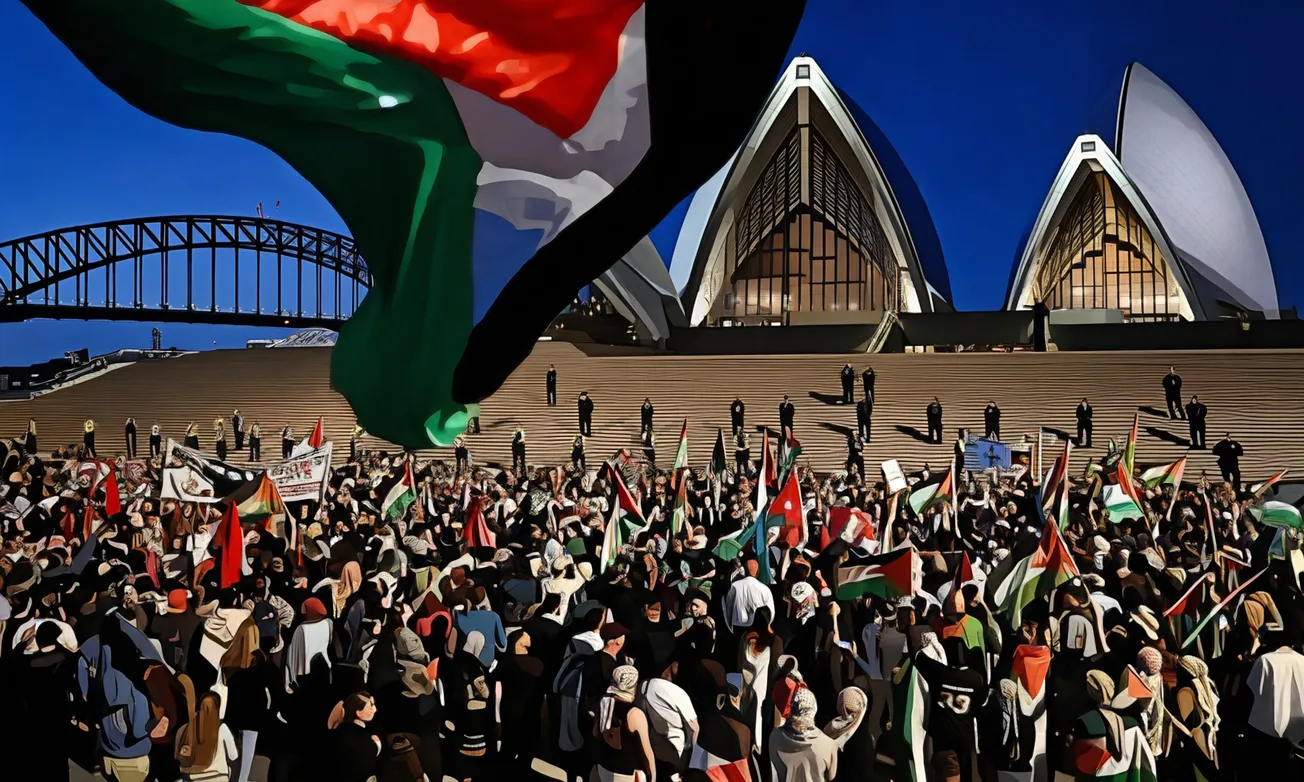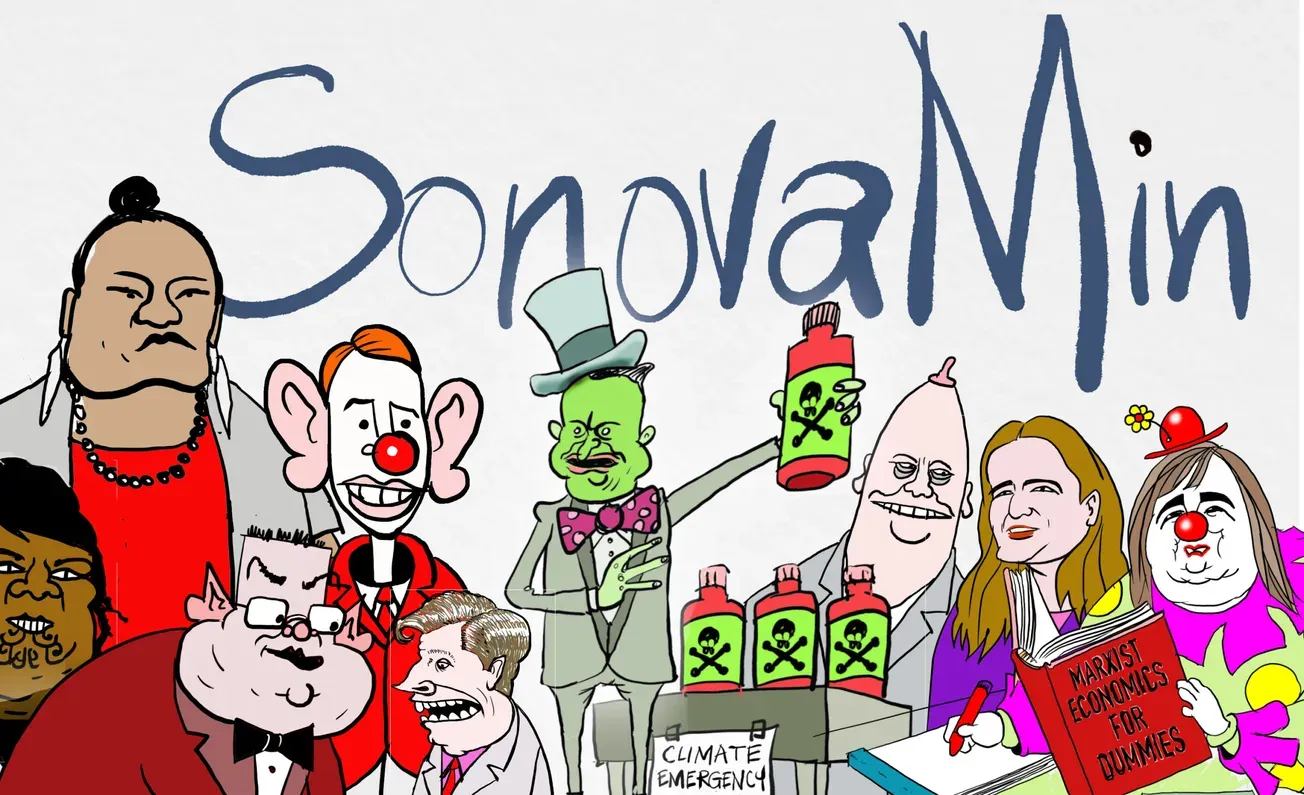Table of Contents
Paparoa is a NZ vigilante group that lurks in the shadows while conducting a wonky jihad against people it considers to be enemies of the state. Their slogan is “Ko tatou tatou – We are one” but a much better description of who they are and what they do is he huna tatou– We are hidden.

As they seek to smear people and damage their lives they are very careful to do it from behind the protection of anonymity. Only one person, Linda Williams, has been prepared to put her name to the group, but she has been careful to make sure that there are no photos of her that can be 100% confirmed as being the same Linda Williams who is associated with the group.

Like many fanatical groups, Paparoa sees itself as heroic, challenging hate while spying on others and collecting dossiers of information like modern-day Stasi. The fact that they challenge the so-called hate while hiding behind a metaphorical mask exposes their weakness. If they had the courage of their convictions they would operate openly and honestly. On some level, they must know that what they are doing is dirty and unethical.
Simon Murdoch from Hope not Hate in the UK spoke with Linda Williams of Paparoa to find out about the website’s aims
Can you explain what the aims of Paparoa are and what motivated those behind it to create it?
Tena koutou katoa. Paparoa was created in the aftermath of the Christchurch mosque massacre. It was a day of horror that most kiwis will never forget. 51 Muslims were murdered by a lone wolf who had been blinded by the “Great Replacement” theory.
We’re not your typical antifa collective. Public outrage was so widespread that a lot of ‘everyday’ people signed on within days. This has given us deep roots into a lot of communities. But working people are more cautious about becoming targets, so we decided to anonymise everybody. That is, we’re building a membership-driven organisation with people that don’t (and can’t) know each other! It’s a mind jam at first (how do you keep out infiltrators?) but we’ve found a logistical way through.
A couple of savvy computer folk have also put together a wiki-style database which we’re using to collect info on people and organisations on the far right, along with social media screenshots and photos. It’s all so much simpler and cheaper than I’d have ever believed! I’m sure they’d be happy to do the same thing for other collectives, if asked nicely! (You can contact datateam@paparoa.org).
Many outside of New Zealand were unfamiliar with far-right activity there until the Christchurch attack, was this the case for most New Zealanders also?
Kiwis have been quiety trained to turn a blind eye on racism. Police don’t collect data on hate crimes, despite calls to do so from the Human Rights Commission, the U.N. Committee on the Elimination of Racial Discrimination and the U.N. Human Rights Council. Spy agencies haven’t been interested either: there’s not a single mention of right-wing extremism in ten years of public documents.[…]
Of course, it never occurs to them that that might be because there are no genuine right-wing extremist groups operating in New Zealand. The terrorist was an Australian after all and even Paparoa thinks that he was a “lone wolf”!
Whilst directly targeting Muslims in New Zealand, the Christchurch attack was distinctly international – the killer attempted to garner an international audience, was inspired by far-right ideas from around the globe, and was in contact with the international far right. How do you think groups across the world fighting back against hate can work better to beat this far-right internationalisation?
[…] I think the answer to your question is data. Large amounts of data. Data drawn from antifa organisations and NGOs and amassed to the point where it becomes information. Then more, and better, to the point where it becomes insight and action.
The Paparoa site says “Given the current climate in Aotearoa/NZ, most racist groups have disbanded. This means there are a lot of lone wolves out there”. Assuming this is reference to the fallout from Christchurch, could you explain for people unfamiliar with the New Zealand far right how this disbandment occurred?
There’s not a single white supremacist group still operating in public. They’ve either dissolved, disbanded, or gone totally underground. Websites and social media sites are gone, thousands of shitposts have been deleted, and members are being monitored and publicly exposed (we’re proud to be helping in every way we can). Their guns have been taken off them and many are losing their jobs.
Every time one of them pokes their head up now, the media and police are all over them. We’re not naive – we know this season is just an anomaly – but when they finally re-emerge under new names there will be a whole new infrastructure in place to deal with them.
How can people help Paparoa to build this infrastructure?
Data! If anybody knows of any links between a New Zealander and an international far-right organisation, we need to know about it. Links, references, leads, audio, video, stories, screenshots, photos… we want anything and everything that helps identify these people. You can get info and files to us here: https://paparoa.org/secure/send-information/.
In closing, we want to acknowledge all the researchers and activists out there who have worked so hard in this area with so little reward. Respect! Ka kitea he mahi tino pakeke rawa te mahi nei, te whaikorero, ehara i te mahi kai paraoa, he mahi ma te tangata matau.
A google translation of the above is ” This is seen as a very difficult task, not just a meal, not a meal, but a job for the right person.”
If you enjoyed this BFD article please consider sharing it with your friends.









